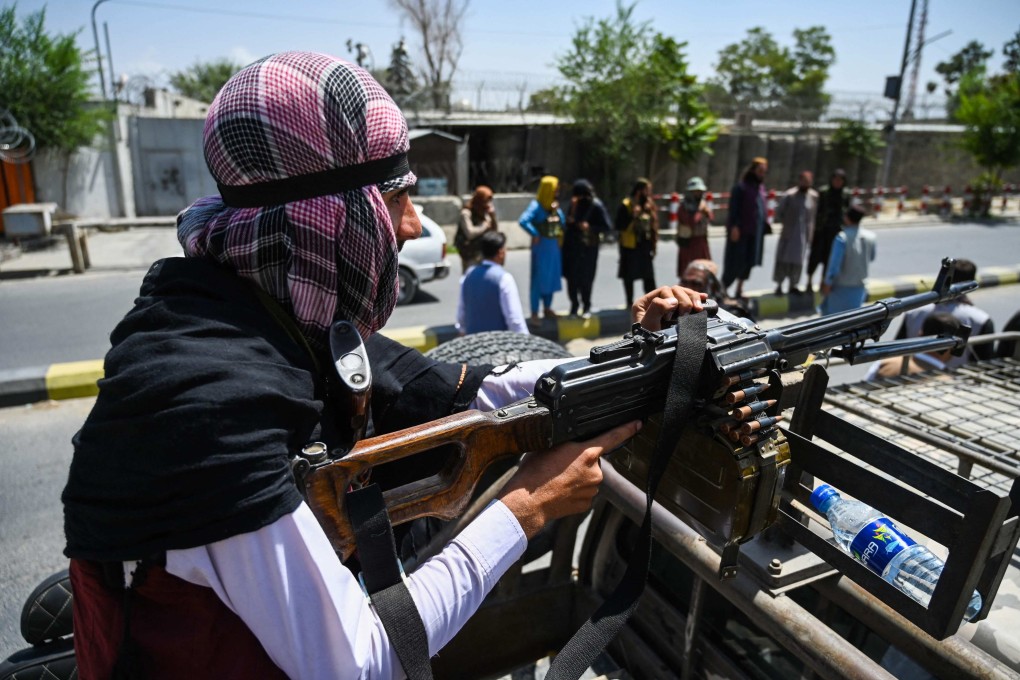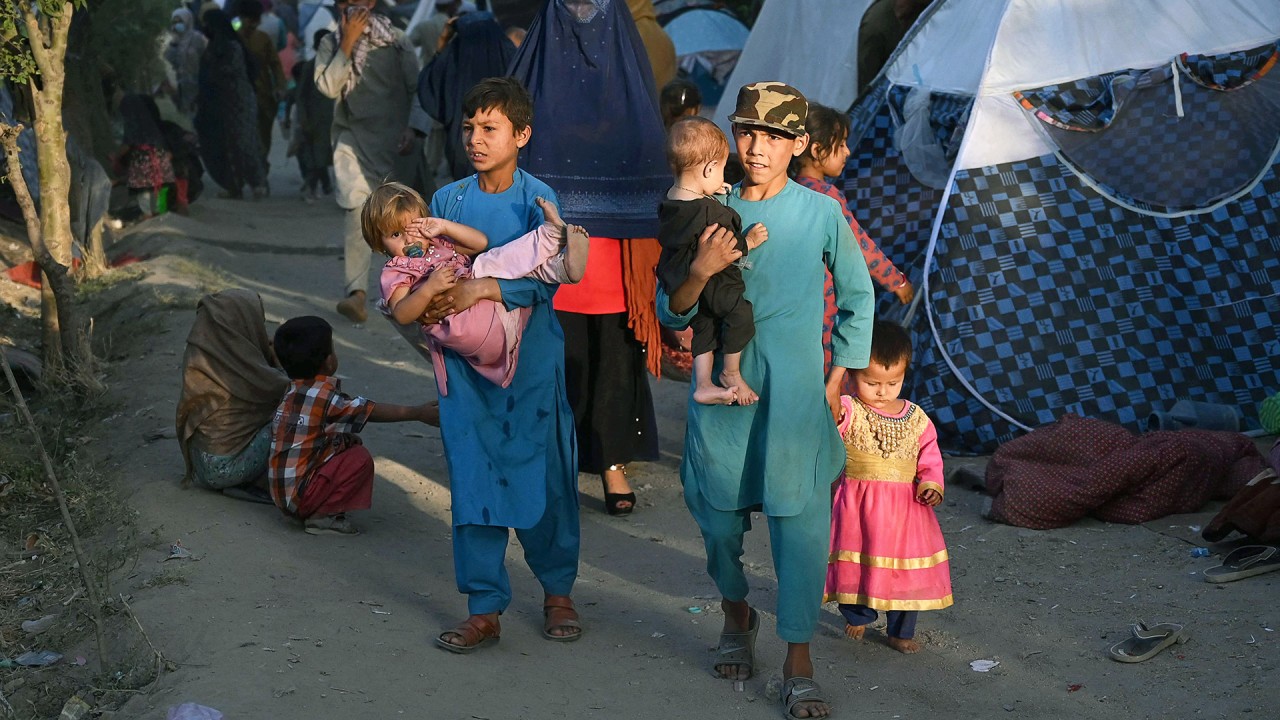Advertisement
Opinion | To understand China’s plans for Afghanistan, take a look at Somalia
- Will the ‘Graveyard of Empires’ consume the dragon next? Terrorism concerns and its proximity to the US$63 billion China-Pakistan Economic Corridor make Afghanistan both a liability and an opportunity for Beijing
- China’s investments and security footprint in Somalia – where it has placed another high-risk, high-reward geopolitical bet – offer a blueprint for its likely approach
Reading Time:4 minutes
Why you can trust SCMP
7

The term “The Great Game” was coined to describe the great power competition between tsarist Russia and the British Empire in Afghanistan during the 19th Century. With the fall of Afghanistan to the Taliban over the weekend, the term is still being used and abused as analysts and others try to divine the future of the country and what other powers might do.
China has been one particular point of interest: tongues began wagging as soon as State Councillor Wang Yi met Taliban co-founder Mullah Abdul Ghani Baradar in Tianjin on July 28 and described the group as a “pivotal military and political force”. Beijing’s statements in the wake of the fall of Kabul, that it “respects the choice of Afghans”, will do nothing to quell speculation about China’s ambitions.
Questions are already being asked about whether the “Graveyard of Empires” will live up to its name by consuming the dragon next. Following the Taliban’s return to power in Kabul, the highly-fluid situation will give rise to several degrees of anxiety for Beijing. China shares the same fears that Central Asian countries have over neighbouring Afghanistan: the rise of Islamic terrorism, a new wave of refugees, and increased narcotics trafficking. The proximity of Afghanistan to the US$63 billion China-Pakistan Economic Corridor represents another problem: it is part of what we can term China’s “Belt and Road of Anxiety”.
While there are concerns in China, there are also opportunities. Beijing has made much capital of the fact that its embassy – along with those of several other nations, including Russia and Iran – has remained open despite Kabul’s fall. Despite a focus on security interests, Beijing could be calculating that staying in-country could bring future benefits, such as in reconstruction.
But speculation that China could play a military role in Afghanistan, including sending troops, are off the mark. In that respect, Afghanistan shares some similarities with another country in China’s orbit: Somalia. The African nation is part of a bold Chinese geopolitical bet for a high-risk, high-reward undertaking, and could shed some light on what Beijing could do next in Afghanistan besides promoting an Afghan-led and -owned solution.
The activities of terrorist and criminal organisations continue to be a pox on Somalia. Long considered a failed state, Somalia continues to be engulfed by ethnic conflicts, endemic piracy and terrorist activities, and frequent bursts of violence. The effects of climate change are making matters worse – the country is among those most vulnerable to drought in the world.
Advertisement

